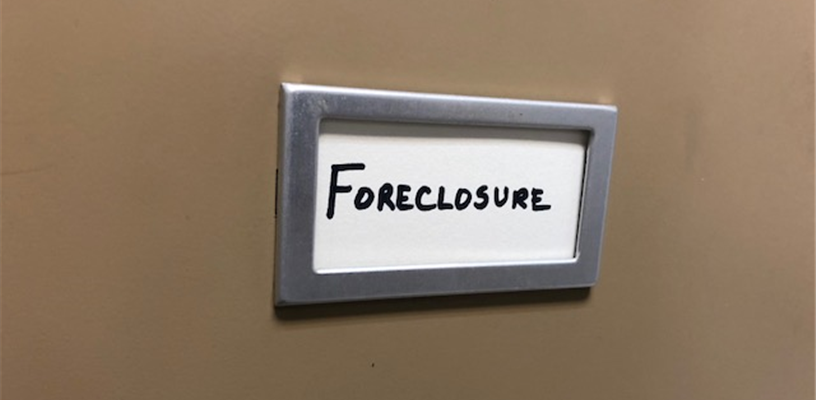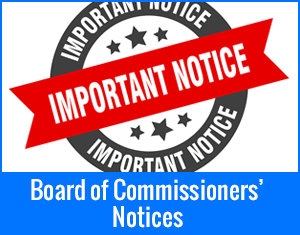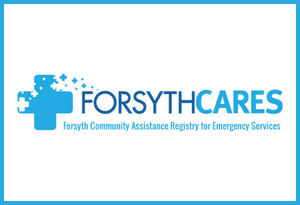
- By Todd Luck
- Posted Tuesday, April 9, 2019
How the Tax Foreclosure Process Works
Tax Foreclosure is when real estate is put up for auction as a result of a property owners’ unpaid taxes, but this is a last resort at the end of a very long process that gives property owners many chances to pay what they owe.
Property tax bills are mailed out in July and can also be viewed and paid online. They’re due on September 1, with a grace period until January 5 of the following year. Property owners can make multiple payments towards a tax bill and can even start paying in January of that year, if they contact the Tax Department for a preliminary bill. Property owners are responsible for paying their bill regardless of if they received it in the mail.
While 90 percent of Forsyth County property owners do pay their taxes by the Jan. 5 deadline, there are many repeated efforts to contact those who don’t. An initial past due letter is sent out in mid-January each year. Any delinquent tax immediately has a 2 percent interest charge added to it with 0.75 percent interest added each month after that.
A letter is also sent about debt set off, which involves intercepting state income tax returns or lottery winnings to pay what’s owed. A third letter is sent out to inform the delinquent property owners that what they owe will be advertised in local newspapers in April.
If an account goes past due and a contact number can be located, the tax office attempts to call the property owner about the outstanding taxes. If the property owner doesn’t respond or something cannot be worked out to settle the debt, like a payment arrangement, other actions may be taken. If it can be determined where the person works, then 10 percent of wages can be garnished per paycheck to satisfy the debt. Bank accounts can also be attached to attain payment from those accounts, as long they are not primarily social security or certain retirement funds. Money that a delinquent property owner receives from rent payments can also be attached.
If none of this can recover the taxes owed on a real estate property, then it is sent to foreclosure. A foreclosure attorney will then try to contact the property owner and start working on the property. Attorney fees, staring at around $800, are now added to the debt owed.
“Properties are not sent to foreclosure without a lot of other previous attempts and communications to satisfy the debt,” said Forsyth County Tax Assessor and Collector John Burgiss.
A foreclosure sale is advertised online and in the newspaper, the property owner is served by a sheriff's deputy and letters are sent out to the neighboring properties letting them know of the potential auction. Foreclosure auctions are held in front of the Clerk of Court’s Office at the Forsyth County Hall of Justice. The highest bidder at auction must put down 20 percent of their bid.
This begins a 10 day period when upset bids can be submitted at the Clerk of Court’s Office. Each time it’s upset, a new 10 day period begins. The ultimate winner buys the property as is, which is in the possession of the delinquent property owner during the entire process.
At any point before the highest bidder is deeded the property, the delinquent property owner can stop the sale and keep their property by paying all taxes, interest and fees they owe.
“There are ample opportunities in this process for someone to work something out to prevent the loss of their property,” said Burgiss.
There are 300-700 real estate properties that go into tax foreclosure annually in Forsyth County, but only about 50 of those property owners lose their property.
For personal property-only accounts, like business equipment or a vehicle, that property can be seized and sold to settle the tax debt. Properties can also go into foreclosure over sanitation liens, as well.
The collection rate in the county for 2017-2018 is 99.17 percent. Taxes are collectable by enforced collection procedures for 10 years. The enforced delinquent collection process resulted in a collection rate of 99.90 percent for taxes from 2008.










